| A | B |
|---|
| whole numbers | Numbers 0 and higher with no fractions (i.e.1/2) and no decimals (i.e. .5),  |
| fraction | A part of a whole; has numerator and denominator, 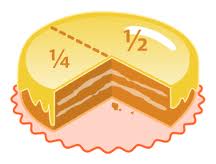 |
| denominator | Bottom number of a fraction; tells how many parts the whole is divided into,  |
| numerator | Top number of a fraction; tells how many of the parts of the whole you have, 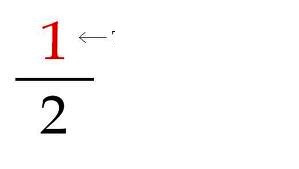 |
| prime number | A number that is bigger than "1" and can be divided only by "1" and itself, 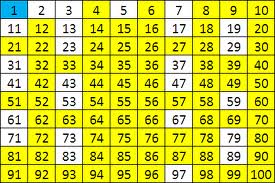 |
| composite number | A number that can be divided evenly by three or more numbers (not just by "1" and itself), 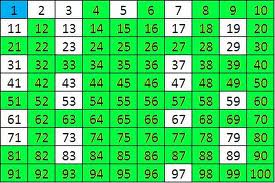 |
| least common multiple | The smallest multiple that is the same for two or more numbers,  |
| greatest common factor | The biggest number that divides evenly into two or more numbers, 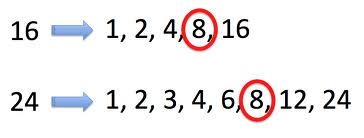 |
| common factors | All the numbers that divide evenly into two or more numbers,  |
| difference | The answer to a subtraction problem, 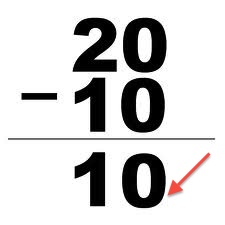 |
| estimated quotient | Answer to a division problem using rounded numbers, 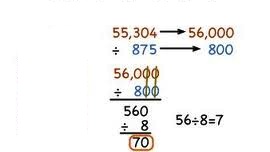 |
| estimated product | Answer to a multipliction problem using rounded numbers, 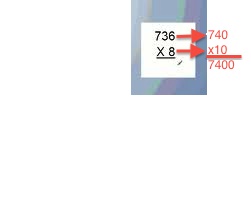 |
| like fractions | Fractions with the same denominators, 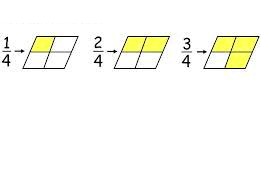 |
| unlike fractions | Fractions with different denominators, 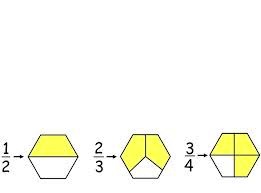 |
| product | The answer to a multiplication problem, 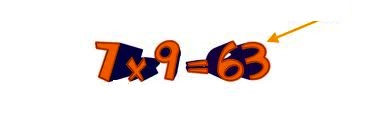 |
| simplest form | A fraction is in simplest form when you cannot make the numerator or denominator any smaller, 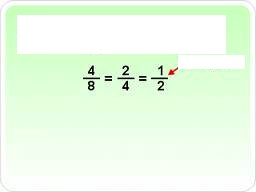 |
| sum | The answer to an addition problem,  |
| mixed numbers | A whole number and a fraction combined, 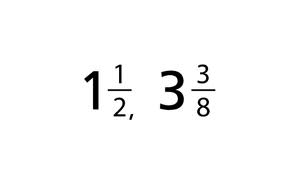 |
| improper fraction | A fraction where the numerator is bigger than its denominator, 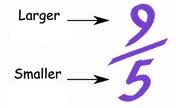 |
| proper fraction | A fraction where the numerator is smaller than the denominator |
| equivalent fractions | Fractions that have the same value, even if they look different, 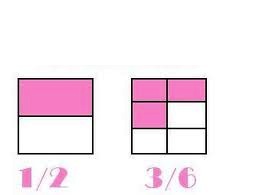 |
| convert fraction to decimal form | Write the fraction as a decimal that shows the same value/amount, 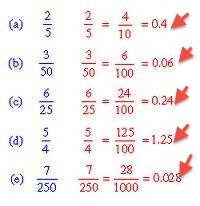 |
| quotient | The answer to a division problem, 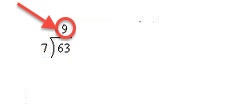 |